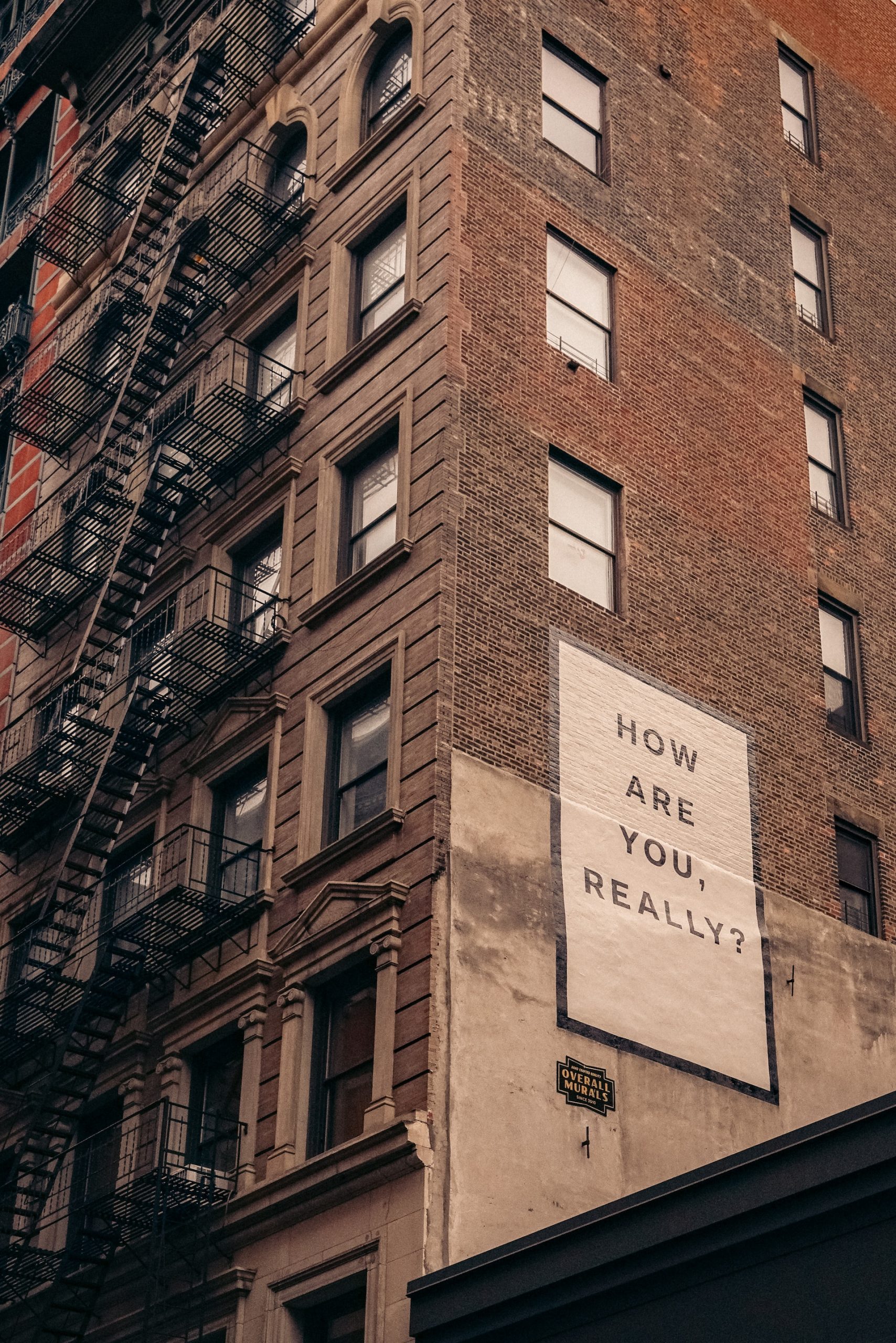By Ashley Barnes, M.S.
Why World Mental Health Day?
October 10th is World Mental Health Day, founded with the purpose of raising awareness regarding mental health issues on a global scale while also holding the intention of mobilizing efforts in support of mental health.
What is mental health?
According to the Centers for Disease Control and Prevention (CDC), mental health encapsulates our emotional, psychological, and social well-being (2021). Our mental health determines how we interact with others, cope with stress, and make healthy choices; it is crucial during every stage of life. Poor mental health and mental illness are not the same, as someone who has poor mental health may not meet the clinical criteria for a mental illness. Similarly, someone who is diagnosed with a mental illness may experience periods of mental well-being. Regardless, our mental health can impact the quality of our lives, highlighting its foundational importance in a happy life.
Mental Health Tips.
How then does one move towards good mental health? According to a large body of research and what physicians recommend, engaging in healthy behaviors and practices is the answer. Some ways to positively enhance one’s mental health include the following:
- Stay connected – maintain and uphold strong, meaningful relationships. This can help us feel loved and valued.
- Eat well – in order to properly function, our brains and bodies require nutrients. A balanced and health-conscious diet can enhance both our physical and mental health.
- Get active – exercising increases endorphins, a natural pain killer that our bodies produce. Engaging in exercise can help us concentrate, sleep, and feel better.
- Practice gratitude – actively thinking about the aspects in our lives that we are thankful for can positively impact our well-being, making us more cognizant of the blessings in our lives.
- Take a break – sometimes our mental well-being is thrown off when we don’t have a sense of balance in our lives. Taking a break can look different for everyone; it may be taking a walk in nature, reading a book, taking time off from work, or engaging in a short meditation.
- Ask for help – none of us can go through life’s hardships alone. Lean on your support network of loved ones and your community. Your support network may also entail mental health professionals who can provide professional, clinical support.
About the Mental Health Center
Ellie Mizani MD and Mark Hrymoc MD are the husband-and-wife team that founded MHC in 2011. They sought to create a psychiatric practice that was kind, compassionate, efficient, intelligent, and focused on delivering the best mental health treatment in Los Angeles, the kind they would send their own family and loved ones to. Because Dr. Mizani is a child psychiatrist and Dr. Hrymoc is an addiction psychiatrist, both specialties that involve helping not only patients but their families, they often collaborated with other therapists, physicians, and treatment programs.
They knew accessibility, communication and collaboration helped them treat their patients more effectively, and should be the rule, not the exception in mental health treatment. That is why these core values are practiced throughout MHC. They have also witnessed an unfortunate and undeserved stigma that people struggling with mental health issues or receiving treatment for it often encounter, hence why all our patients are treated with utmost respect and professionalism while receiving care at MHC.
To stay in the loop, learn more about the Mental Health Center, and get more information about mental health in general, please contact us today!
Mental Health Center | Ketamine Therapy Center
Resource
- SAMHSA’s National Helpline – “a free, confidential, 24/7, 365-day-a-year treatment referral and information service (in English and Spanish) for individuals and families facing mental and/or substance use disorders.”
Reference
Centers for Disease Control and Prevention. (2021). About mental health. Centers for Disease Control and Prevention. Retrieved May 24, 2022, from https://www.cdc.gov/mentalhealth/learn/index.htm

